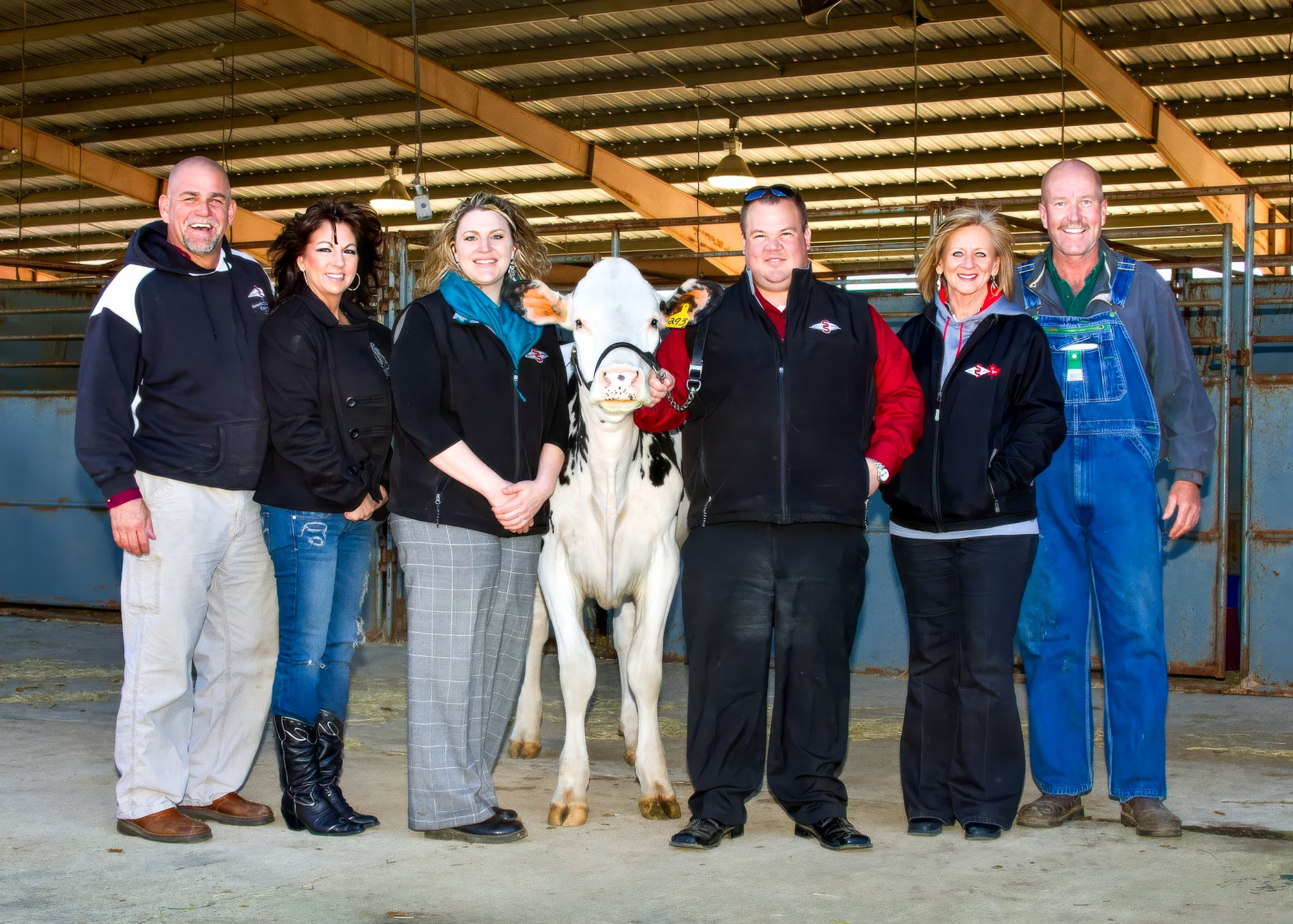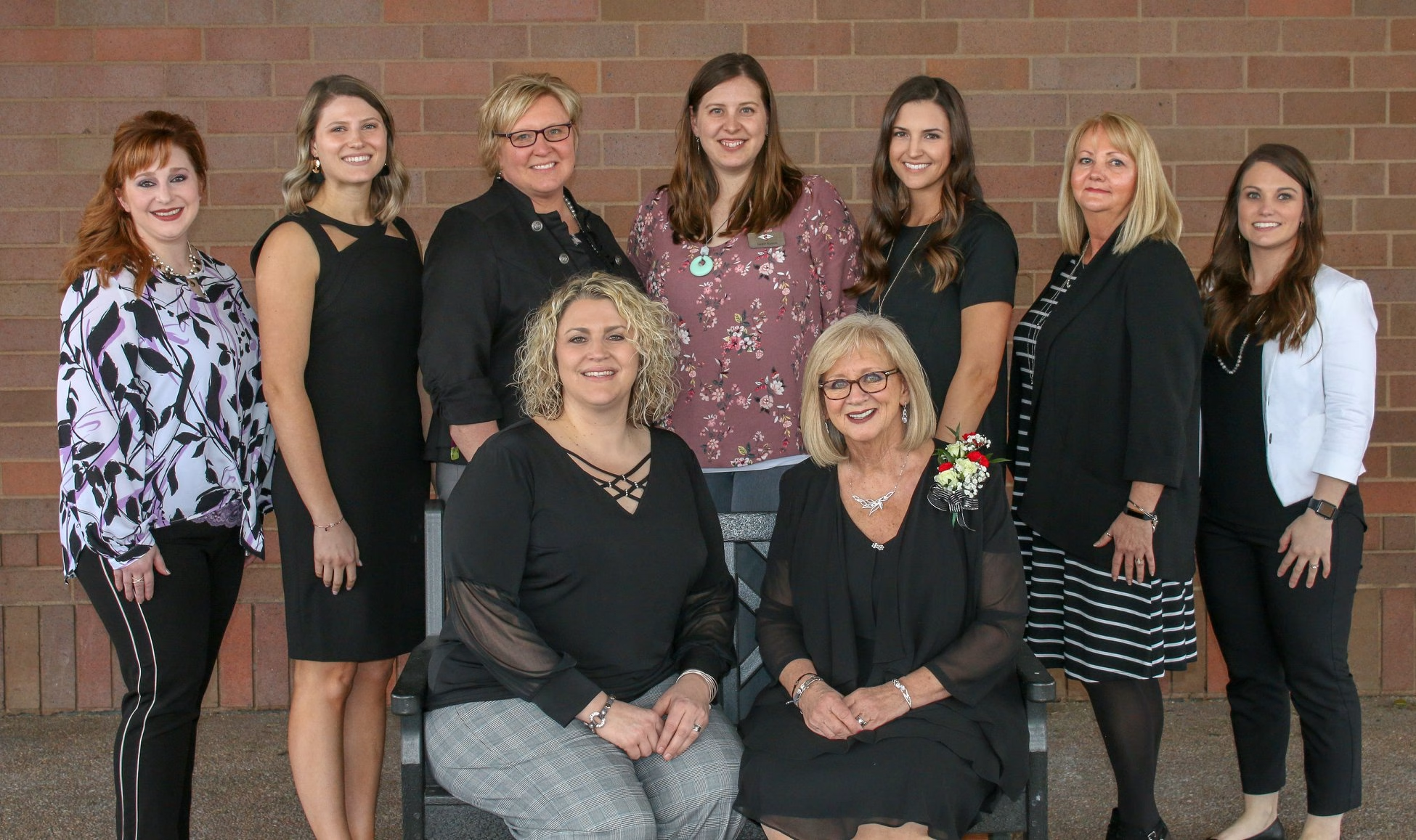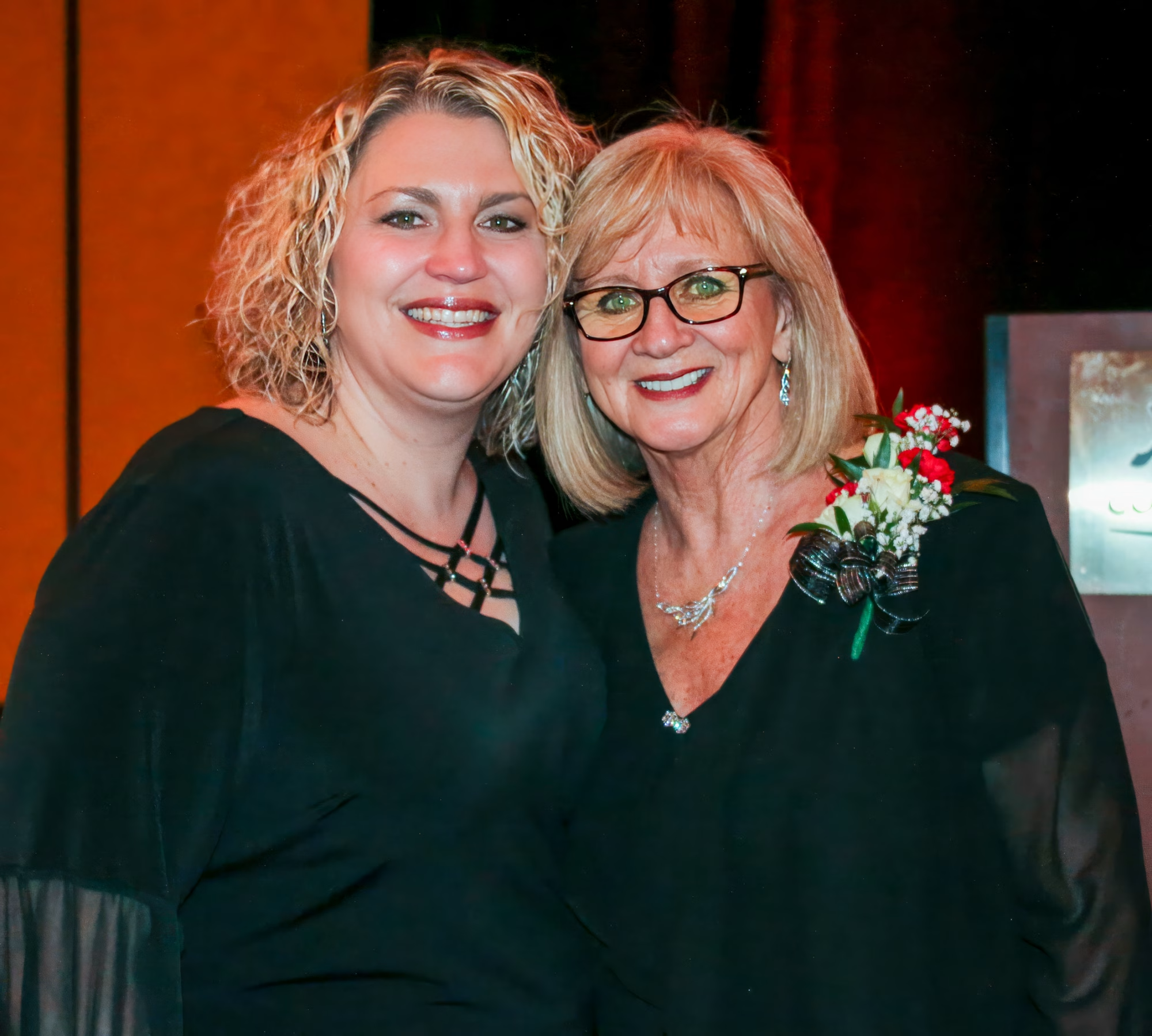Learn how finding meaning and leaving a legacy can improve mental strength in dairy farming. Discover ways to boost well-being and handle stress better.

Imagine the transforming impact of purpose and legacy in the dairy farming industry. It’s more than simply getting up before dawn, working long hours, and coping with the volatility of cattle and market prices. These problems, although unpleasant, may provide possibilities for resilience. Mental resilience is more than just a phrase; it is a game changer. A clear sense of purpose and legacy may help dairy workers convert stress and misfortune into opportunity. In a sector where demands are continual, these ideas may help people and communities. Let’s discuss how they can be life-changing.
The Deeper Meaning of Purpose in Dairy Farming
Understanding purpose entails identifying the fundamental motivations behind our behaviors. In the dairy business, this extends beyond routine chores to offer purpose and value. Dairy producers often focus on sustainable procedures, animal care, and high-quality milk production. This concentration provides direction and drive, allowing people to prosper despite obstacles. Their mission drives persistence and ties them to their legacy, benefiting the community and the environment.
Crafting a Lasting Legacy in Dairy Farming
Legacy is the long-term influence of one’s activities and efforts on future generations, which benefits society and the community. In the dairy farming community, legacy might arise via better methods, sustainable innovations, or increased animal care, assuring long-term value. Recognizing farmers’ contributions to a more significant cause enhances their contentment and happiness, establishing a sense of purpose that drives and strengthens resilience. Cultivating a legacy grounds people in a long-term vision, which promotes emotional stability and mental health.
Understanding Purpose: A Psychological Anchor for Mental Health
Understanding the influence of a well-defined goal on mental health demands investigating research papers that prove its advantages. Research published in Psychological Science indicated that those with a strong sense of purpose had considerably lower levels of cortisol, the body’s primary stress hormone. This shows that purpose-driven people are less prone to stress and can better deal with it physically.
Furthermore, a study published in the Journal of Affective Disorders found that those who have a strong sense of purpose are less likely to have anxiety and depression symptoms. Purpose offers a cognitive framework for people to make meaning of complex events, hence lowering emotional weight. This cognitive resilience results in a more stable mental state, even in significant stresses.
Furthermore, a 10-year longitudinal research by the National Institute of Mental Health found that persons who retained a feeling of purpose were much less likely to acquire persistent anxiety disorders. According to the results, a strong sense of purpose may serve as a psychological anchor, offering consistency and stability as we face life’s obstacles.
Building Resilience Through Purpose: Navigating the Challenges of Dairy Farming
Building resilience requires knowing one’s purpose, particularly in dairy farming. Farmers confront several obstacles, including shifting milk prices and harsh weather that affects herd health. However, a clear sense of purpose may lead to incredible tenacity. Psychologically, the goal is to serve as an internal compass for farmers as they navigate stress and uncertainty.
Farmers who establish specific objectives, such as guaranteeing sustainable practices, emphasizing cattle health, or giving to the community, provide themselves with a mental roadmap to handle setbacks without feeling powerless. Aligning everyday work with long-term goals minimizes dissatisfaction and fatigue. Knowing that each effort contributes to a larger goal, such as environmental sustainability or preserving a family farm, gives everyday tasks significance. For example, a sustainable farming farmer promotes a healthy environment and establishes a precedent for future generations.
Purpose-driven resilience implies flourishing despite adversity. This approach promotes learning and adaptability, which are critical in dairy production. Farmers who regard impediments as opportunities for creativity are better prepared to face the challenges of agriculture.
Ultimately, a strong sense of purpose transforms hardship into progress. It improves emotional stability, helps overcome obstacles, and builds a lasting legacy. Dairy farmers enhance their mental health by grounding their lives in purpose while contributing to a resilient and sustainable sector.
Transforming Monotony into Meaning: The Psychological Benefits of Purpose in Dairy Farming
Individuals’ emotional stability improves significantly when they have a strong sense of purpose and meaning, lowering their risk of depression and other mental health concerns. This steadiness serves as an anchor amid life’s unavoidable upheaval. In the dairy sector, where repetitive duties and external demands may be overpowering, having a clear purpose can make everyday operations more meaningful. By concentrating on long-term objectives and the more significant effect of their job, dairy farmers may create a protective barrier against mental health concerns, generating a more hopeful and stable emotional environment. This method reduces stress and adds a feeling of achievement to everyday activities.
Purpose and Legacy: Cornerstones of Suicide Prevention
In terms of mental health and suicide prevention, cultivating a feeling of purpose and legacy is essential. When individuals regard their lives as valuable and their acts as contributing to a more significant legacy, they are more motivated to persevere in the face of enormous circumstances. This inherent desire, derived from recognizing one’s contributions to something more splendid, may counteract emotions of pessimism, which often contribute to suicide ideation. Individuals who cultivate purpose and concentrate on their legacy are more likely to discover long-term satisfaction and resilience, which significantly reduces the risk of suicide.
Practical Strategies for Cultivating Purpose and Legacy in the Dairy Industry
To cultivate a sense of purpose and legacy in the dairy industry, adopting practical, actionable strategies that align with one’s values and vision is essential. Here are some steps to consider:
- Define Your Vision: Take the time to reflect on what you want to achieve in the dairy industry. Whether it’s sustainable farming practices, improving cattle welfare, or producing high-quality milk, having a clear vision can provide direction and motivation.
- Set Meaningful Goals: Break down your vision into smaller, achievable goals. This will make your overall purpose more manageable and provide a sense of accomplishment as you progress toward your larger objectives.
- Engage with the Community: Building solid relationships within the dairy community can enhance your sense of belonging and shared purpose. Participate in local farming groups, attend industry conferences, and connect with fellow farmers who share your values.
- Invest in Education and Training: Continuous learning and skill development can improve your farming practices and provide a deeper understanding of the industry’s challenges and opportunities. This investment in yourself can reinforce your commitment to your purpose.
- Focus on Sustainability: Implementing sustainable practices benefits the environment and contributes to a legacy of responsible farming. Practices such as rotational grazing, integrated pest management, and water conservation can significantly impact.
- Share Your Story: Communicating your journey and the values that drive your dairy farming can inspire others and establish a meaningful legacy. Use social media, blogs, or local publications to share your experiences and insights.
- Mentor the Next Generation: Guiding young or new farmers can be incredibly rewarding and ensures that your knowledge and values are passed on. Mentorship not only contributes to the growth of the community but also solidifies your legacy in the industry.
- Regular Reflection: Periodically assess your progress and reflect on your journey. This practice can help you stay aligned with your purpose, appreciate your achievements, and adapt your strategies as needed.
By incorporating these tactics into your daily routine, you may develop a strong sense of purpose and create a lasting impact on the dairy business. This will benefit both you and the agricultural community as a whole.
The Bottom Line
As we tackle dairy farming, we must realize how having a clear purpose and leaving a meaningful legacy may improve our emotional resilience and well-being. We may reduce the industry’s inherent stress and obstacles by encouraging direction and contributing to something bigger than ourselves. Understanding our mission provides a psychological foundation that promotes emotional stability and resilience. Creating a lasting legacy guarantees, that we will make an unforgettable impression and discover a greater purpose in our work. As a preventative tool against mental health issues, this feeling of purpose may convert mundane jobs into satisfying undertakings. As a result, let us intentionally incorporate purpose and legacy into our everyday lives in the dairy industry. Reflect on your aspirations, appreciate your accomplishments, and actively shape your legacy. These deliberate activities provide us with long-term strength and enjoyment in our profession.
Key Takeaways:
- A clear sense of purpose can significantly reduce stress and anxiety among dairy farmers.
- Purpose and legacy provide direction and motivation, enhancing perseverance during tough times.
- Feeling part of something greater increases fulfillment and satisfaction, crucial for mental wellness.
- Building resilience is easier with a defined purpose, helping farmers manage setbacks effectively.
- Emotional stability is linked to having a clear life direction, lowering the risk of depression.
- Purpose and legacy are vital in suicide prevention, offering strong reasons for living.
Summary:
The dairy farming industry requires a clear sense of purpose and legacy to overcome challenges and maintain mental health. Understanding purpose involves identifying motivations behind behaviors like sustainable practices, animal care, and high-quality milk production. This focus provides direction and drive, allowing farmers to prosper despite obstacles. Legacy in dairy farming is the long-term influence of one’s activities on future generations, benefiting society and the environment. Recognizing farmers’ contributions enhances contentment and happiness, establishing a sense of purpose that drives and strengthens resilience. Cultivating a legacy grounds people in a long-term vision, promoting emotional stability and mental health. Research shows that purpose-driven people have lower levels of cortisol, the body’s primary stress hormone, suggesting they can better deal with stress physically. Building resilience through purpose is crucial in dairy farming, as farmers face numerous obstacles, promoting learning and adaptability.







 From her modest origins in Plain City, Ohio, Shirley Kaltenbach started a career that would make her a significant player in the artificial insemination business. As she prepares for retirement, her path shows diligence, commitment, and a relentless love of her industry and the people she works with. A lifelong learner, she has navigated several responsibilities at Select Sires over almost four decades, each adding to her remarkable legacy.
From her modest origins in Plain City, Ohio, Shirley Kaltenbach started a career that would make her a significant player in the artificial insemination business. As she prepares for retirement, her path shows diligence, commitment, and a relentless love of her industry and the people she works with. A lifelong learner, she has navigated several responsibilities at Select Sires over almost four decades, each adding to her remarkable legacy. 










